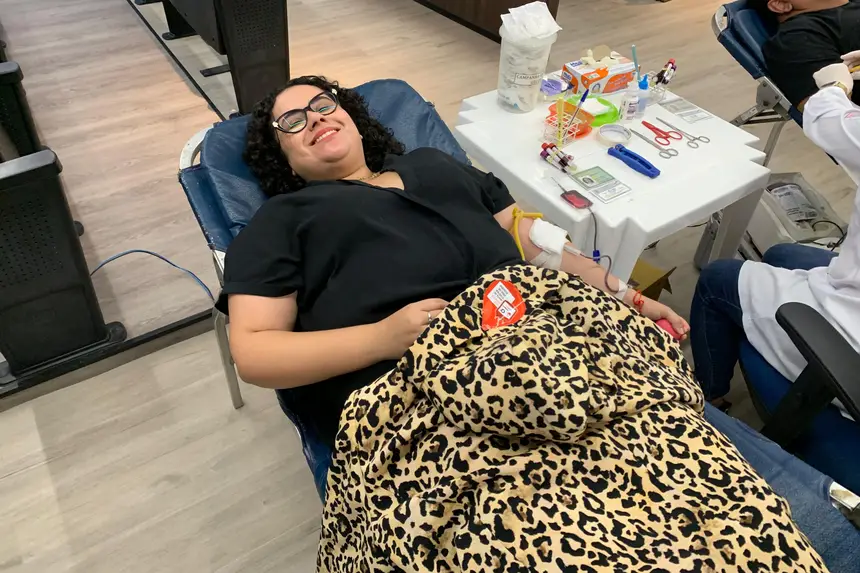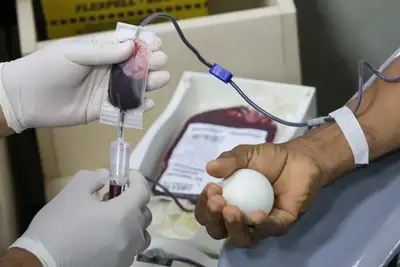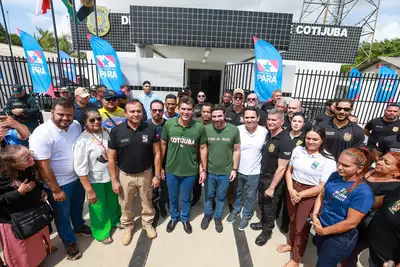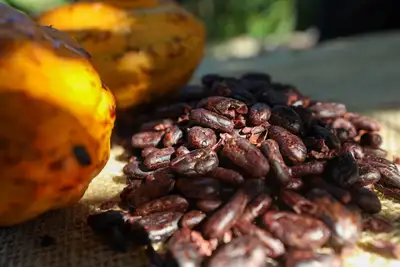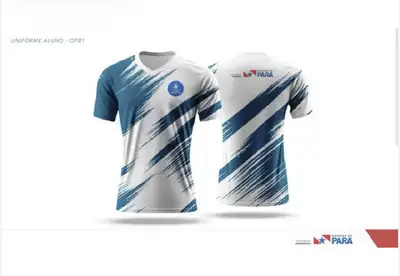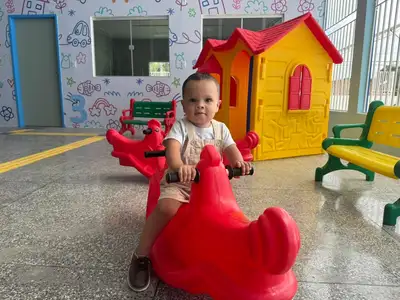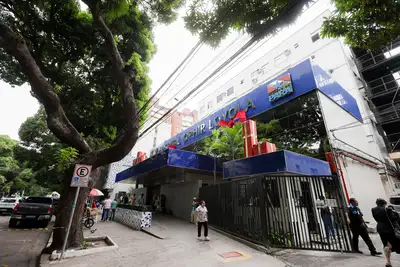Hemopa takes donation campaign to TCM-PA and mobilizes employees in Telégrafo
The action is part of June Red and strengthens the blood center's stocks
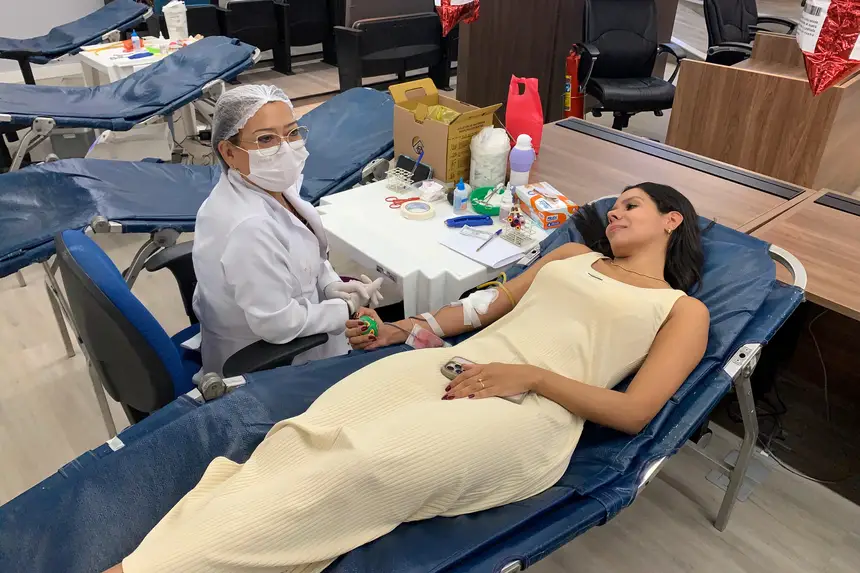
The Pará Center for Hemotherapy and Hematology Foundation (Hemopa) promoted, this Friday (06), a blood donation campaign in partnership with the Court of Accounts of the Municipalities of the State of Pará (TCM-PA), in the Telégrafo neighborhood of Belém. The action aimed to expand access to voluntary donation and strengthen the stocks of the blood center, especially during this period when transfusion demand tends to increase due to the drop in the number of donors.
The structure was set up inside the TCM-PA headquarters, in a room adapted to receive donors with comfort, safety, and efficiency. The initiative is part of Hemopa's external collection schedule and reinforces the institutional commitment to social responsibility, mobilizing employees, collaborators, and volunteers who work daily in the agency.
The campaign is part of the June Red program — a month dedicated to raising awareness about the importance of blood donation — and marks another edition of the long-standing partnership between the two public institutions, which share the purpose of saving lives through solidarity.
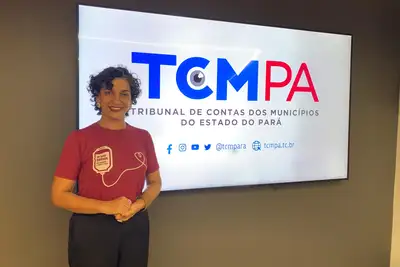
For Nazaré Saldanha, social worker from Hemopa's Donor Recruitment Management, the action symbolizes the union between citizenship and institutional commitment. “It is an opportunity to strengthen this cause within public agencies. TCM is a long-time partner and has always been engaged. In addition to mobilizing employees, the campaign also brings the service closer to the surrounding community in the Telégrafo neighborhood,” she explained. The collection goal is to reach at least 80 blood bags, which can benefit up to 320 patients.
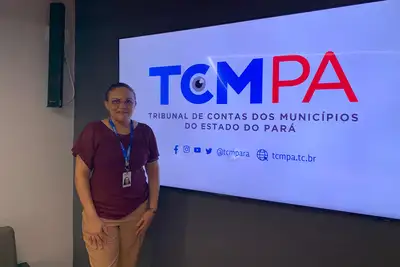
Employee Liziana Barros, from the nursing team of TCM-PA and one of the organizers of the action, highlighted the engagement of collaborators in the campaign. “I make a point of visiting the sectors, talking directly with the employees, answering questions, and showing how donation is a simple gesture that can save up to four lives. Since 2022, we have noticed a growing adherence, with many already preparing in advance to participate. This shows that the culture of solidarity is getting stronger in the institution,” she stated.
Among the participants was legal analyst Isabelle Sotero, a donor since she was 18, who spoke about the personal impact of the gesture. “I started donating while still in university, when I became aware of the importance of my blood type, O negative, which is a universal donor. I have had family members who needed blood, and that made me understand that anyone could be on the other side. Donating is an act of empathy and responsibility — today it is someone else, tomorrow it could be you,” she emphasized.
In addition to blood collection, participants were also able to register as voluntary bone marrow donors, further expanding the possibilities of saving lives through donation.


